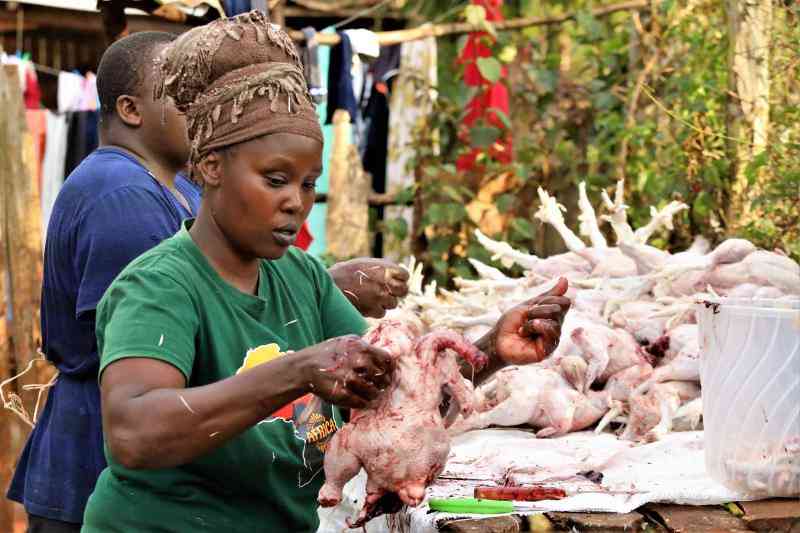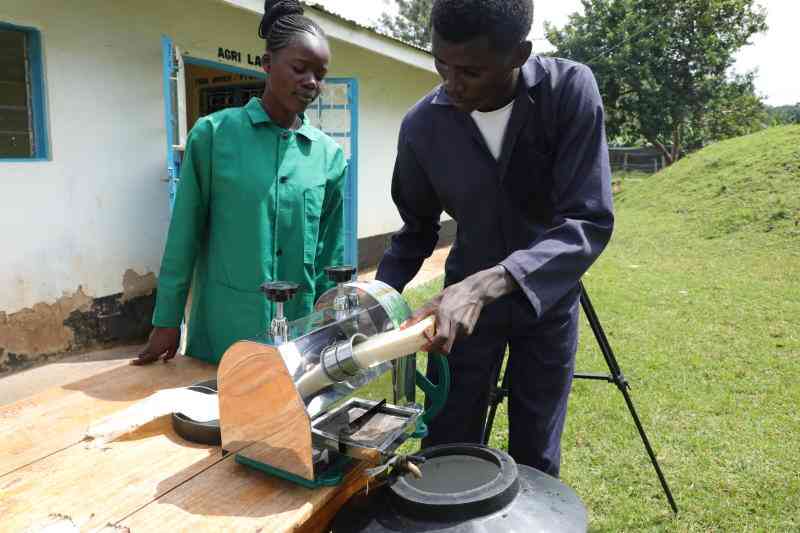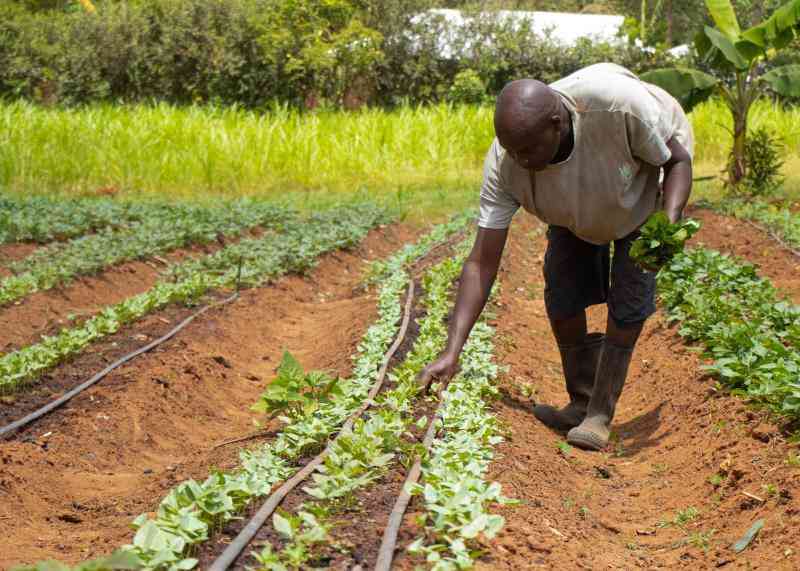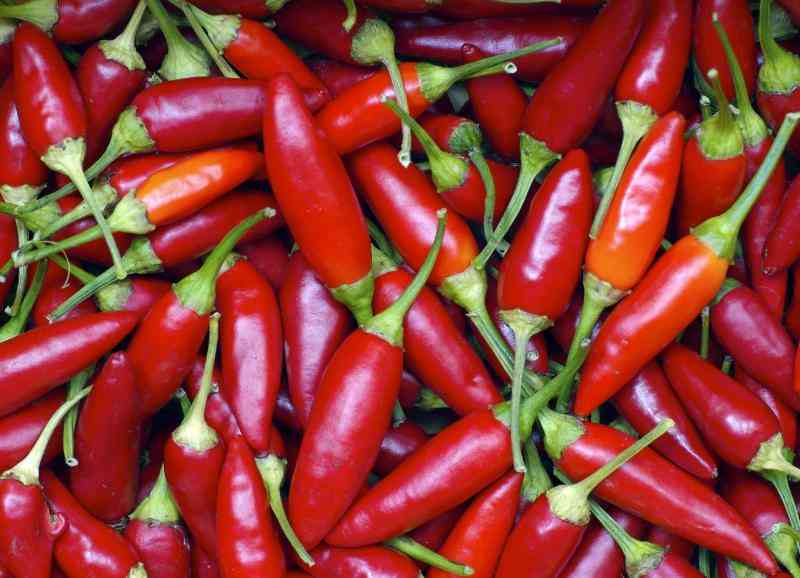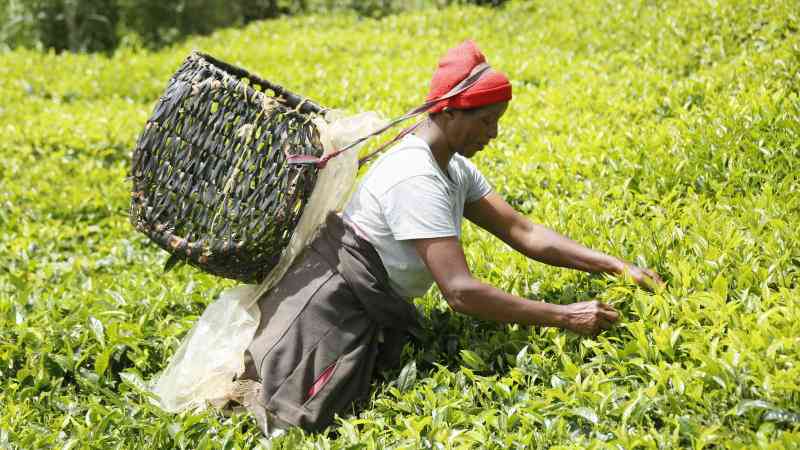Angola seeks to ease pandemic impacts on agriculture
Angolan authorities are working to alleviate the impacts of the COVID-19 pandemic on its agriculture sector with multiple means, said Secretary of State for Agriculture Joao da Cunha on Monday.
Addressing the 27th session of the FAO Committee on Agriculture in a video conference, Joao da Cunha said that the agricultural sector in Angola has to face some challenges as a result of the limitations imposed on free movement of people and goods.
An emergency fund will be created to support programs for agriculture, livestock and fisheries, especially for the most vulnerable communities, he said.
A voluntary code of conduct on food loss and waste reduction will be in place for the fight against waste amid widening hunger, said the official.
He said that it is a priority on the government's agenda to increase and diversify agricultural and fishery production in order to reduce food deficit, improve nutrition and the living conditions of the people.
To achieve this goal, he said, the country is gradually improving its production methods by encouraging mechanization, given that its agriculture still primarily relies on human labor and animal traction.
The Covid-19 pandemic has devastated communities around the world. But it has also brought some short-lived environmental benefits: Global carbon emissions will be lower in 2020 (estimates range from 5% to 8%), pollution has decreased, and wild animals enjoyed more freedom, sometimes even in urban centres.
But what about forests? Have they, flourished? Unfortunately not. It looks like deforestation is accelerating in 2020.
In 2019 already we lost a football pitch of primary rainforest every six seconds. Preliminary remote sensing reports show that deforestation in the Brazilian Amazon was higher every month this year compared to 2019, as were deforestation and degradation rates in Ghana.
As Kenya battles to contain Covid-19, which is spreading faster in the east African nation, the disease is having unintended positive outcomes on farms in the east African nation.
Its outbreak in March has seen farm activities surge across the country as some citizens, who have lost jobs while others like teachers who have plenty of time on their hands after schools closed, turn to farming.
Antony Kimani, a resident of Kitengela, south of Nairobi, is among those who have embraced farming this period.
With his employer having adopted a system that sees them work in a two weeks shift to curb Covid-19 spread, the journalist embraced farming.
He set up a greenhouse and has planted colored capsicum inside and on a separate piece of leased land, he has grown tomatoes.
"I started farming sometime back but what I have done this period is to expand the business to using greenhouse," he said of the project that cost him 200,000 shillings.
Since the outbreak of the disease in Kenya in March, Kimani has planted and harvested tomatoes.
Want to get latest farming tips and videos?
Join Us
Share this article on social
 The Standard Group Plc is a multi-media organization
with investments in media platforms spanning newspaper print operations,
television, radio broadcasting, digital and online services. The Standard Group
is recognized as a leading multi-media house in Kenya with a key influence in
matters of national and international interest.
The Standard Group Plc is a multi-media organization
with investments in media platforms spanning newspaper print operations,
television, radio broadcasting, digital and online services. The Standard Group
is recognized as a leading multi-media house in Kenya with a key influence in
matters of national and international interest.
 The Standard Group Plc is a multi-media organization
with investments in media platforms spanning newspaper print operations,
television, radio broadcasting, digital and online services. The Standard Group
is recognized as a leading multi-media house in Kenya with a key influence in
matters of national and international interest.
The Standard Group Plc is a multi-media organization
with investments in media platforms spanning newspaper print operations,
television, radio broadcasting, digital and online services. The Standard Group
is recognized as a leading multi-media house in Kenya with a key influence in
matters of national and international interest.

